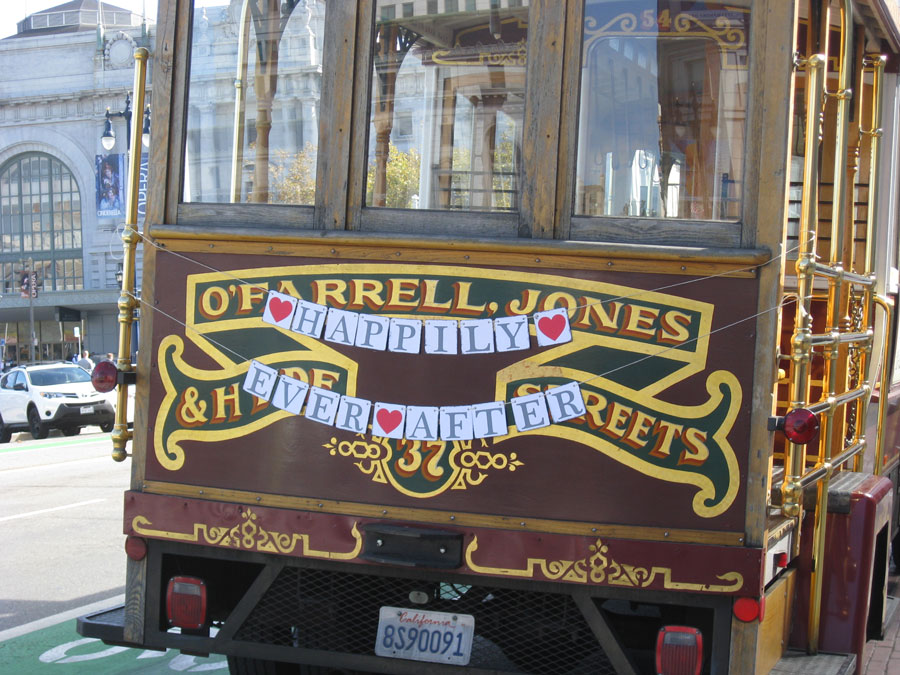
I broke up with Romance a few years ago.
I fired off a bitter post and threw out my romance writer magazines. I put away my childish dreams, having decided it was well past time for me to grow up. After all, my children had done it. Surely it was time for me.
And for the last few years I’ve tried to dwell in the dark and grim margins where the media pack lurches from one horror story to another, groaning and scrabbling like a horde of you-know-whats. I even tried my hand at writing a darker sort of fantasy, forcing my characters to struggle with problems bigger than a rip in the heirloom wedding gown.
But to my surprise, after a while, my characters rebelled. Oh they kept jumping through the hoops I set before them. They quipped and parried with the fell forces of darkness, because, you know, what choice did they have? But gradually, without my willing it to happen, they began to sneak off together into quiet spaces and cavort with each other. And I, being the permissive author that I am, gave them freedom to “explore their feelings.” And wouldn’t you know? In the face of all the gloom and doom, those kids were falling in love whether I liked it or not.
That’s when I realized that try as I might to quit the romance genre, I can’t escape the romance in my nature.
Yet I was born a skeptic. My parents told me my first word was no. However I think this might have been a misunderstanding on their part. I wasn’t saying no to everything. I simply wanted to make my own choices. And there is no choice more exciting, more personal, and more unpredictable than the choice to give your heart to another human. Talk about adventure!
The thing that repels me about Romance with a capitol R is the narrow definition of exactly what is romance. James Thurber once wrote a droll little book titled “Is Sex Necessary?” which described the ways in which men and women differ in their approach to romance. Thurber was never more brilliant than when delineating the vast mystery that exists between the sexes. Most romance novels make good use of this fertile ground. Yet the deepest vein of romance remains untapped until after both parties have passed the checkpoint of commitment.
Early romance, fed on wine and roses and carefree hours together, is a surface thing. It can be fun. But at some point, if it’s going to last, it has to be more than just fun. When the going gets tough, romance either grows deep, or drowns. Either way, it’s a stronger story line than Happily Ever After.
Because there’s always After Happily Ever After. And that’s where I plan to make my stand as a romance writer. Yet much as I admire Shakespeare and appreciate the poetry of tragic love stories, I don’t want to read them. Or write them.
So next spring, after I wrap up my fantasy series The Greening (which has been quietly turning into more of a romance than I’d anticipated anyway) my next book is going to be about love that doesn’t need diamond rings or champagne to keep it alive. It’s going to be about the burning hot flame of passion buried under the quietest mountain.
Because what matters most happens After Happily Ever After.